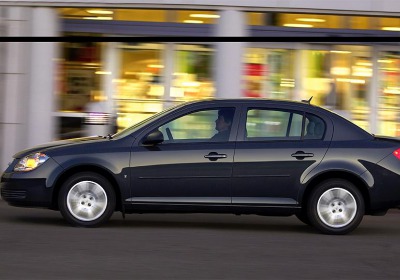California considers pay-as-you-go auto insurance
Fri, 17 Jul 2009There are pay-as-you-go cell phones and all-you-can-eat buffets, and somewhere in between slots a new auto insurance concept under consideration in California.
The proposed regulations would allow insurance companies to offer coverage plans paid for by the mile, in addition to traditional plans. The idea is to allow consumers to pay for what they use--and potentially save money. It could also encourage motorists to drive less, reducing emissions. The plan could go into effect as early as November.
Under the proposed plan, consumers would be able to report their miles themselves, have their insurance agent check the odometer or visit a repair shop or smog-check station to get a reading. A device could also be put into cars to record mileage readings, though it wouldn't be used to track driver movements.
California insurance commissioner Steve Poizner proposed the new guidelines last summer and announced a revised framework in June that would allow consumers to prepay for a specific number of miles. This would let drivers buy a block of miles at a specific price for a certain time period, with the option of buying more if needed. The revised rules also would allow for discounts for using the new insurance.
Poizner, a former Silicon Valley entrepreneur, oversees the state's insurance department and is running for governor of California in 2010.
“These regulations expand insurance options for consumers, allowing a freer market to create incentives for driving less,” he said in a statement. “By empowering consumers to take charge of their insurance bill, we may see fewer cars on the road, which means cleaner air, safer streets and lower premiums.”
The public-comment period for the proposed guidelines is over, and the agency is in the process of determining whether any changes will be made to the plan, said Molly DeFrank, deputy press secretary for the California insurance department.
With motorists more aware of their mileage and driving habits, the plan could cut emissions in the state, according to the Environmental Defense Fund.
The new rules would not replace traditional plans, and some motorists with lengthy commutes or irregular driving patterns could fare better under those policies.
By Greg Migliore

